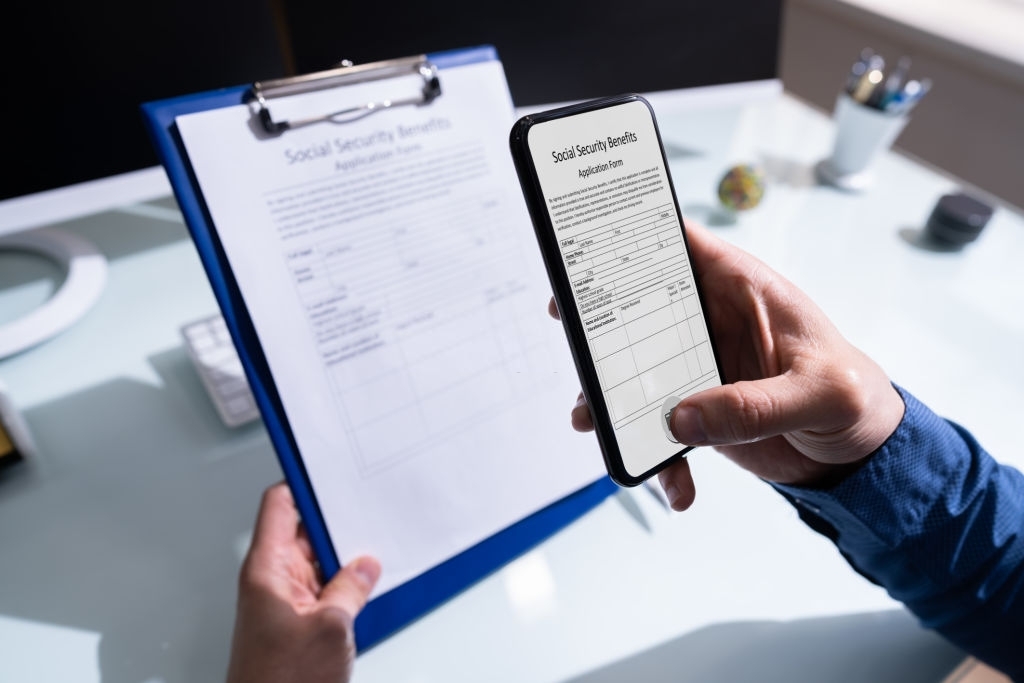Employee background checks in the UK are commonplace. Making sure that the person you are hiring is the right fit for your business or organisation is essential these days. And a background check is a vital component of that. They can be the difference between a great employee and one that can be disastrous.
They can also help avoid financial loss and legal issues down the line. Employee background checks have become a permanent part of the hiring process around the UK, but vetting candidates can be a time-consuming task. That is why you should consider hiring us at Background Checker to take over the load.
Now, let’s look at how an employee Background Check can work in the UK:
Things That Show Up in a UK Background Check
Below are three levels of a background check, and they go to different depths which could be a good base to start or provide you with a framework to build your background screening package from. Here is what you can expect at each level:
-
Level 1:
Basic Criminal Disclosure
ID Validation
Right to Work
1-year Employment Verification
-
Level 2
Basic Criminal Disclosure
ID Validation
Right to Work
2 Employment Verification
Credit Report
Address Verification
Highest Qualification Certification
-
Level 3
Basic Criminal Disclosure
ID Validation
Right to Work
3-year Employment Verification
Credit Report
Address Verification
Highest Qualification Certification
Criminal Record Checks
An employment background check might also contain a criminal record check, though usually, you need to have a justifiable reason to run such a criminal record check on your candidates. On the other hand, you can also get us to run a Basic DBS check for you that can give you an overview of the criminal history of a person, such as if they have any unspent convictions.
Checks by Sector
Background checks in the UK also vary by sector, as is required by the law. For example, an FCA check is performed for those who are applying in the financial industry.
In aviation, there are specific checks done before giving an airside pass to an employee. And in the security industry, there are specific criminal record checks done to ensure that the person qualifies for the BS7858 standard.
General Data Protection Regulation (GDPR)
The GDPR applies to those who are citizens of countries in the EU, and as such, the GDPR works on protecting their information. Though the UK has left the European Union, UK employers still need to abide by GDPR rules.
That is why, if you are a UK employer, you will need to:
- Have a justified reason to collect information on a potential candidate for a job. A reason must be stated, as you cannot collect it to keep it for the future.
- For the data to be collected, permission is required from the candidate. Without consent, the collection of any data will be considered a breach of privacy. Consent may not be assumed.
- The employee must have access to the data collected about them, and therefore should be stored in an accessible way.
- All data collected should be stored securely to prevent any data breaches.
The need for an unbiased and completely transparent report on the person you could potentially hire is increasing day by day. The background checks are becoming more and more extensive, and this is only to make sure that you don’t hire the wrong person for your business or organisation.
And as businesses grow, the number of employees that a business needs to hire grows too. In this sense, it can become a hassle to run checks on each and every employee, and you might be wasting precious resources on such a thing when instead you could hire someone else to do it for you and focus those resources elsewhere.
Our services can help you in that regard as we aim to ensure that your hiring process is streamlined as much as possible. That is why Background Checker offers a whole host of checks that will ensure that you are hiring the right person for the job.
Employee background checks offered by Background Checker:
- Credit Checks
- Employment Verification
- Education Verification
- Personal Qualification Verification
- Right to Work Verification
- Identity Check
- Criminal Check
- Sanctions Check
And more available at your request.
Conclusion
If you are considering such a service, then you should choose Background Checker as your employment background screening partner in the UK. Our years of expertise in the field and experience allows us to offer you the appropriate services at the highest quality while keeping the rates affordable. So, contact us now, and we will get to work on providing so that you can hire without worry.





